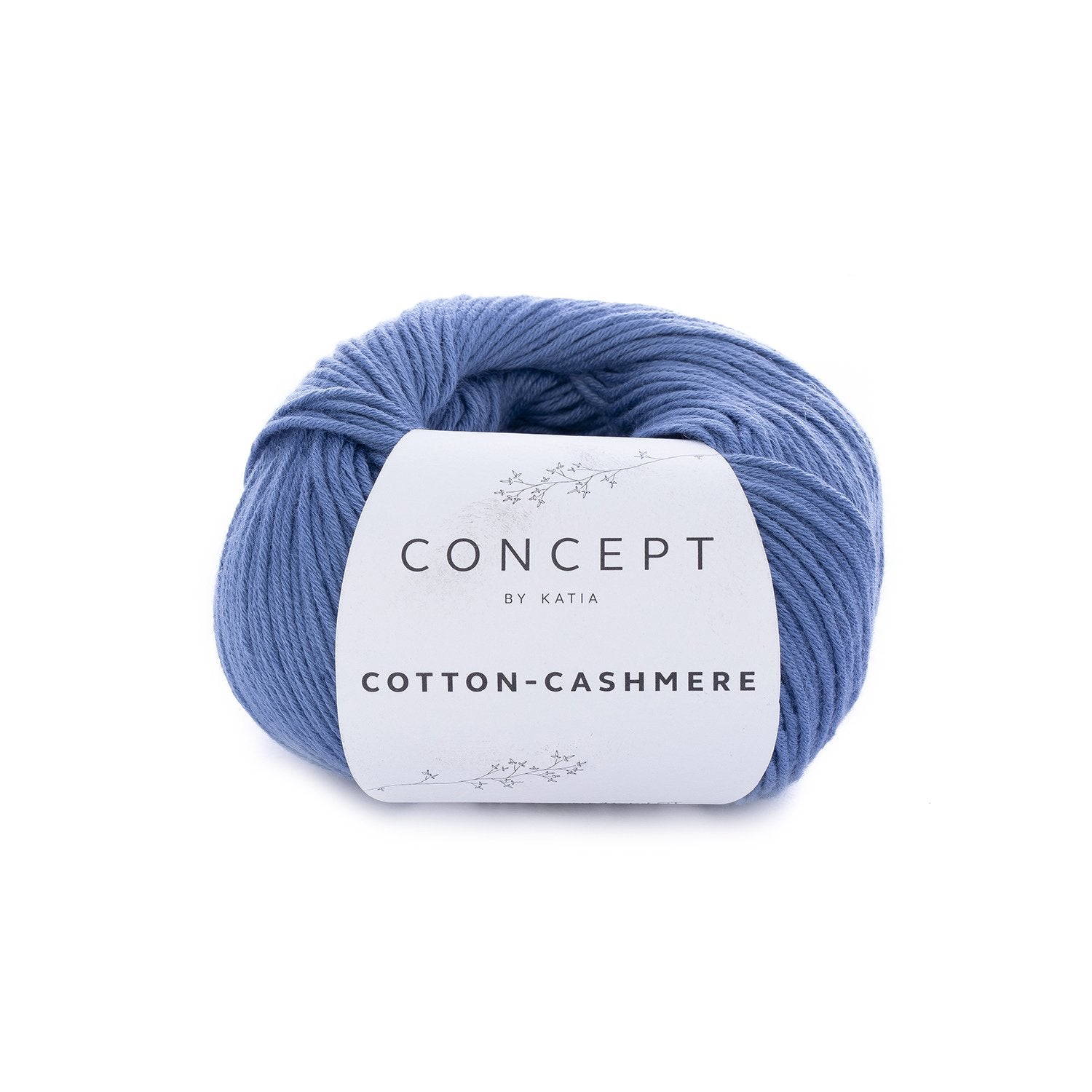How is cashmere Fibre Created and Why Is It So Sought After?
How is cashmere Fibre Created and Why Is It So Sought After?
Blog Article
Recognizing the Different Kinds Of Cashmere an All-natural Fiber and Their Distinct Advantages

The Beginnings of Cashmere: A Historical Review
While the glamorous touch of cashmere proceeds to charm modern-day customers, its origins map back to the harsh, chilly environments of Mongolia and the Mountain ranges. For centuries, the indigenous peoples of these areas have been elevating Capra Hircus goats, the prime resource of cashmere woollen. These goats, resistant versus the severe winter seasons, expanded a great undercoat to survive, which later ended up being recognized as cashmere. The name itself pays homage to Kashmir, a region in India where the wool was at first processed. Much of the very early cashmere profession course was facilitated by the Silk Roadway, connecting Asia with the Middle East and Europe. In spite of its worldwide spread, the finest cashmere is still thought to stem from the initial areas of Mongolia and the Mountain Ranges.

The Manufacturing Refine: From Goat to Garment
Shearing a Capra Hircus goat marks the creation of the detailed cashmere manufacturing procedure. The resultant raw cashmere is then washed to remove impurities such as dirt, grease, and vegetable matter.
The tidy fiber goes through dyeing, spinning, and weaving, or knitting, to transform it into a textile. Facility treatments such as quality assurance checks and finishing procedures adhere to, ensuring the end product keeps the elegant standard anticipated of cashmere. This meticulous procedure, from goat to garment, validates the high expense affixed to cashmere products, making them a symbol of deluxe and improvement.
The Different Sorts Of Cashmere: A Thorough Analysis

The Unique Advantages of Cashmere: Convenience and Sustainability
Moving from the variety of cashmere kinds to the advantages they supply, comfort and sustainability stand out plainly. Cashmere, an all-natural fiber, is renowned for its unequaled gentleness, supplying a level of comfort that synthetic fibers can not match.
When it involves sustainability, cashmere is sustainable and naturally degradable, as it's gathered from cashmere why not look here goats who regrow their coats each year. what is cashmere. Unlike synthetic fibers which can take hundreds of years to decay, cashmere's effect on the atmosphere is minimal. This mix of convenience and sustainability makes cashmere a valuable option for mindful consumers

Caring for Your Cashmere: Upkeep and Conservation Tips
While cashmere is definitely a glamorous and sustainable selection, it needs specific treatment to maintain its high quality and extend its life expectancy. To start, cashmere must be hand washed utilizing cold water and a moderate detergent. Prevent wringing the garment or twisting as it can harm the fibers. Instead, gently squeeze out excess water and lay it level on a towel to dry. Moreover, cashmere items must be stored in a completely dry and cool location, far from direct sunlight and moisture. Using moth repellents can protect these garments from prospective damages. Last but not least, it's recommended to stay clear of hanging cashmere to stop stretching. Rather, layer and shop them properly to maintain their shape and high quality with time.
Buying Cashmere: Understanding Its Worth and Well Worth
Although cashmere might at first appear like an expensive financial investment, its long-lasting worth and worth become noticeable when you consider its amazing top qualities. Known for its unparalleled gentleness and heat, cashmere is a premium natural fiber that outmatches various other products. Spending in cashmere, therefore, is not simply concerning present style trends, however concerning embracing a sustainable, durable, and elegant way of living.
Verdict
In summary, the kind of cashmere one picks, be it Mongolian, Chinese, or Italian, is determined by specific choices for warmth, budget, sustainability, and deluxe. Recognizing the beginnings, production process, and unique advantages of various types of cashmere can guide customers in their financial investment in this extravagant natural fiber.
Whether it's the extraordinary warmth of Mongolian cashmere, the affordability of Chinese cashmere, or the eco-conscious manufacturing of Italian cashmere, there's a story to be found behind each fiber kind. Cashmere, a natural fiber, is renowned for its exceptional softness, providing a degree of comfort that artificial fibers can not match.When it comes to sustainability, cashmere is biodegradable and eco-friendly, as it's collected from cashmere goats who regrow their coats annually. Recognized for its unequaled gentleness and heat, cashmere is a premium all-natural fiber that outshines other products. Visit Your URL Comprehending the beginnings, production procedure, and distinct advantages of different kinds of cashmere can top article assist consumers in their financial investment in this extravagant all-natural fiber.
Report this page